An Afghan American Woman’s Appeal: Don’t Abandon Afghan Women Now

Human rights, including women’s rights, are not determined by whoever is in charge. They are perpetual and fundamental. American calls for gender equality around the world ring hollow without hard security to back them up.
I Got the Job Offer! Now What?

The best way to decide whether to say yes to the job offer in front of you lies, as is so often the case, on the other side of more questions.
Credibility Requires Accountability: Monitoring Priests’ Cellphones
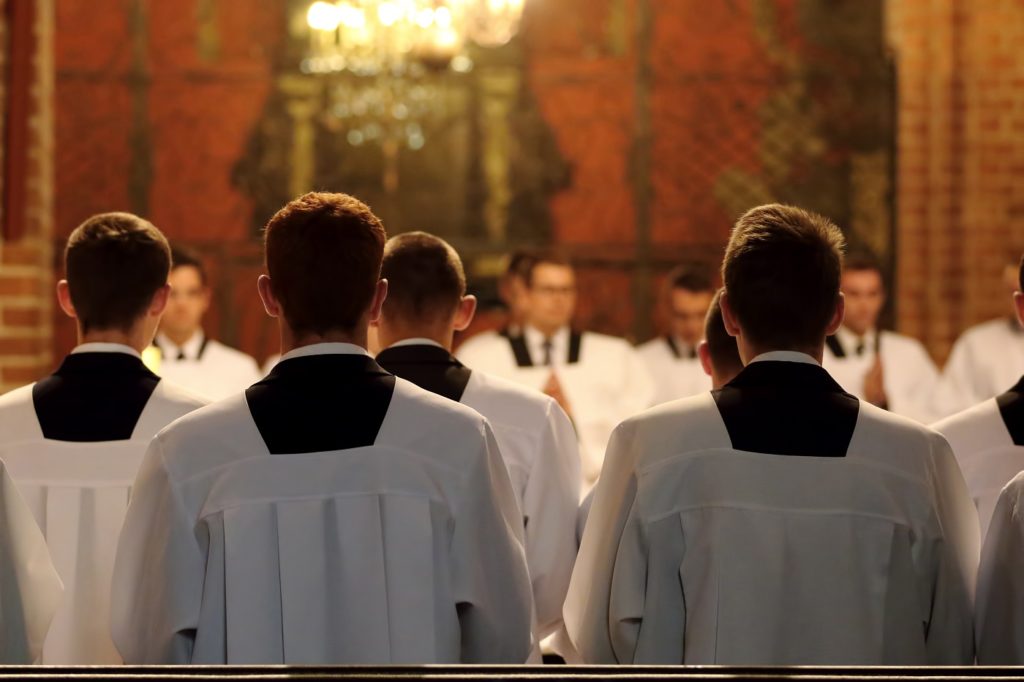
In light of the vocations issue and concerns about privacy, a policy that significantly intrudes on priests’ privacy should be a last resort. However, given the tremendous damage the earlier sex scandals did to the Church’s credibility, as evidenced by declining attendance and financial support, renewed concerns about priestly celibacy may justify such a resort.
Fighting for Free Speech on Campus: A Conversation with Lucas Morel

Academia has to be a sanctuary for free speech and free thought. The Academic Freedom Alliance is calling universities back to their core mission: the pursuit of knowledge. That pursuit requires humility, openness, and the free expression of a diversity of opinions.
John Rawls, Contemporary Liberalism, and Natural Law
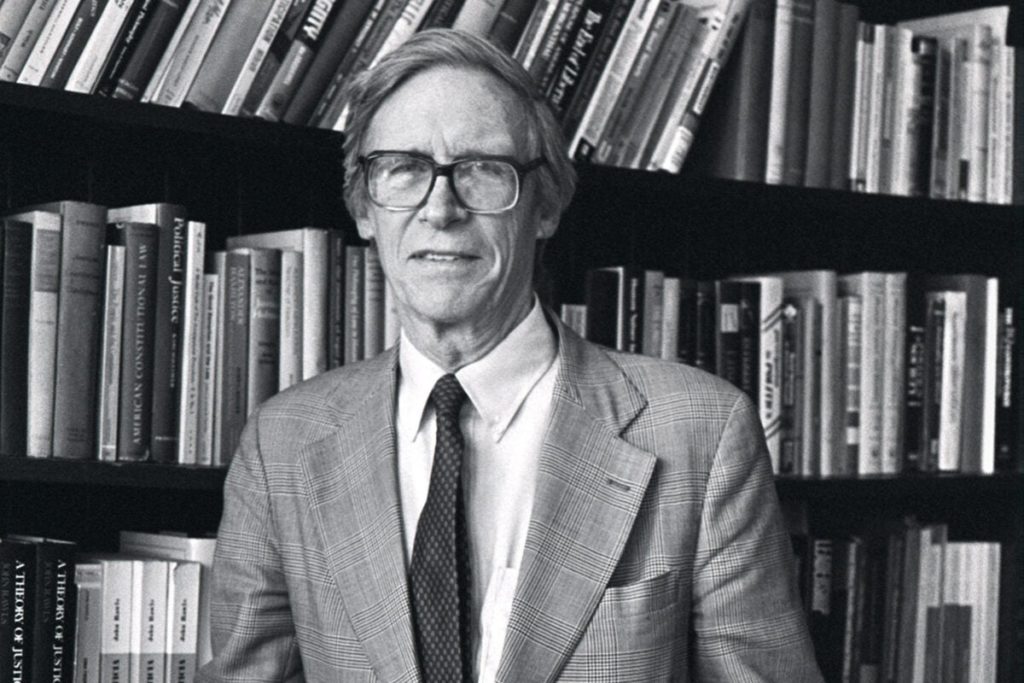
John Rawls cannot get to the most fundamental issues of political philosophy because that would entail a comprehensive theory, which is too divisive, in his own view, to serve as the basis for a public philosophy.
Social Darwinism and the Natural Law
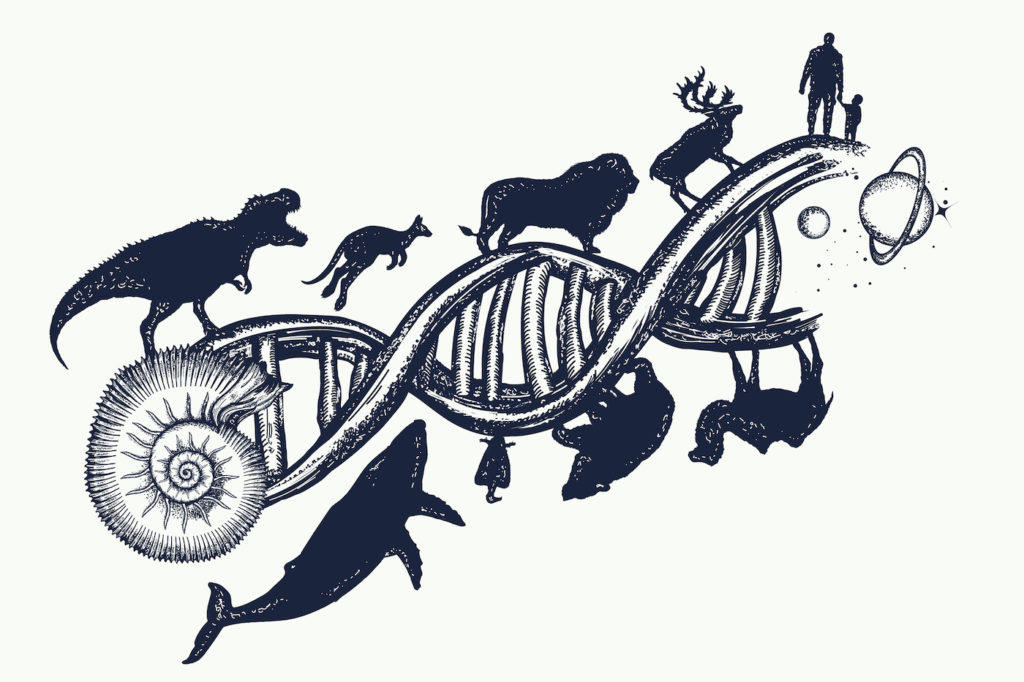
One way of understanding the social Darwinists’ enterprise is to view it as an attempt to reintegrate science and philosophy, which had been torn asunder by modernity. While they seek this reintegration, they do so on uniquely modern terms: Philosophy is reduced to empirical, naturalistic science, that is, to the process, without the ends, or essences, or highest things. Their notion is that we can reduce human sciences, including politics, to relatively simple principles. This is contrary to the Aristotelian or ancient view, which held that politics is much harder than physics precisely because one must take into account unpredictable behavior, as well as choice-worthy purposive behavior toward complex ends—rather than more predictable motions and processes toward simple ends.
Natural Law and American Civil Rights Movements
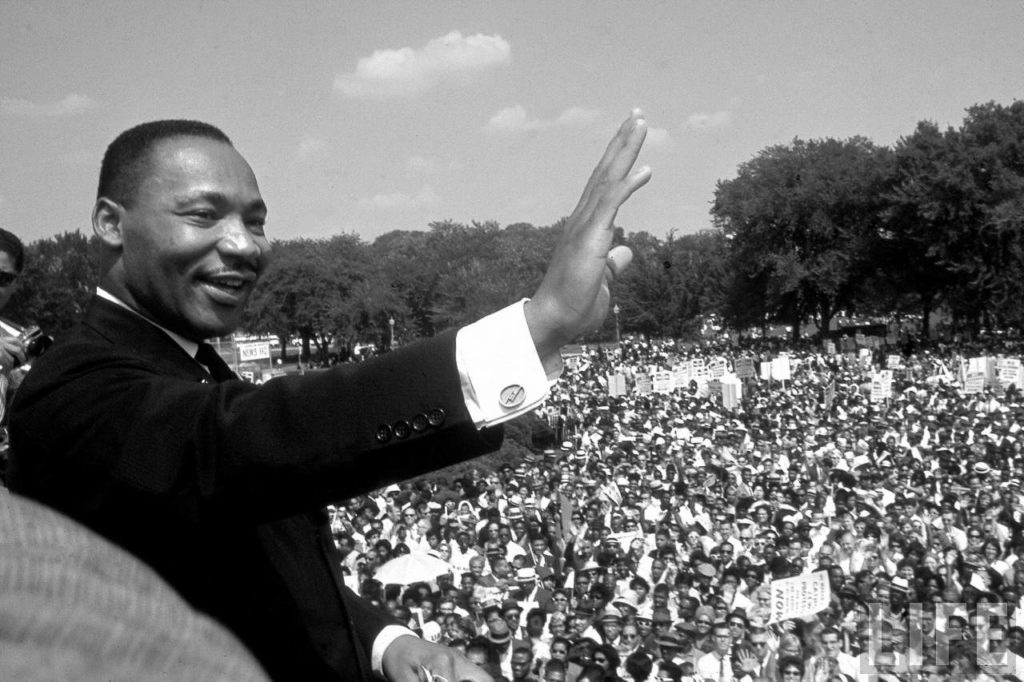
It was on the foundation of St. Augustine’s natural law theory, then, that Martin Luther King, Jr. discovered the grounds of civil disobedience: “A just law is a man-made code that squares with the moral law or the law of God. An unjust law is a code that is out of Harmony with the moral law.” Nor did he stop there. He invoked Aquinas, Martin Buber, Socrates, Tillich, and Niebuhr (among other authorities) to establish that the claim he defended was not a parochial claim merely derived from majority rule. To defend civil rights for black people meant to prove that “segregation is not only politically, economically and sociologically unsound, it is morally wrong and sinful.”
American Constitutions: Natural Law and Constitution-Making in the Founding Era
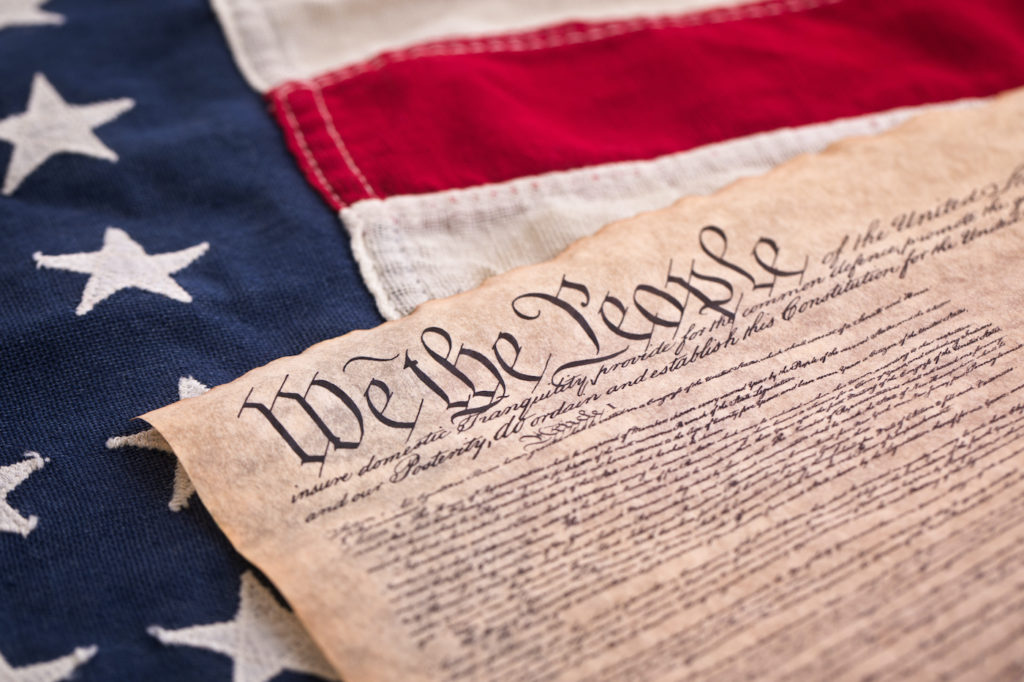
In order to understand the role of natural law in the American founding, it is helpful to examine the early state constitutions that preceded the US Constitution. Not only did many of them explicitly recognize natural rights as pre-political rights to which all individuals are entitled, they also proclaimed all political power to be inherent in the people, governments to be legitimate only insofar as they secure these rights and are grounded in popular authority, and, therefore, that the people have an inalienable right to reform or abolish such governments that fail or cease to serve these ends.
Natural Law and the Declaration of Independence
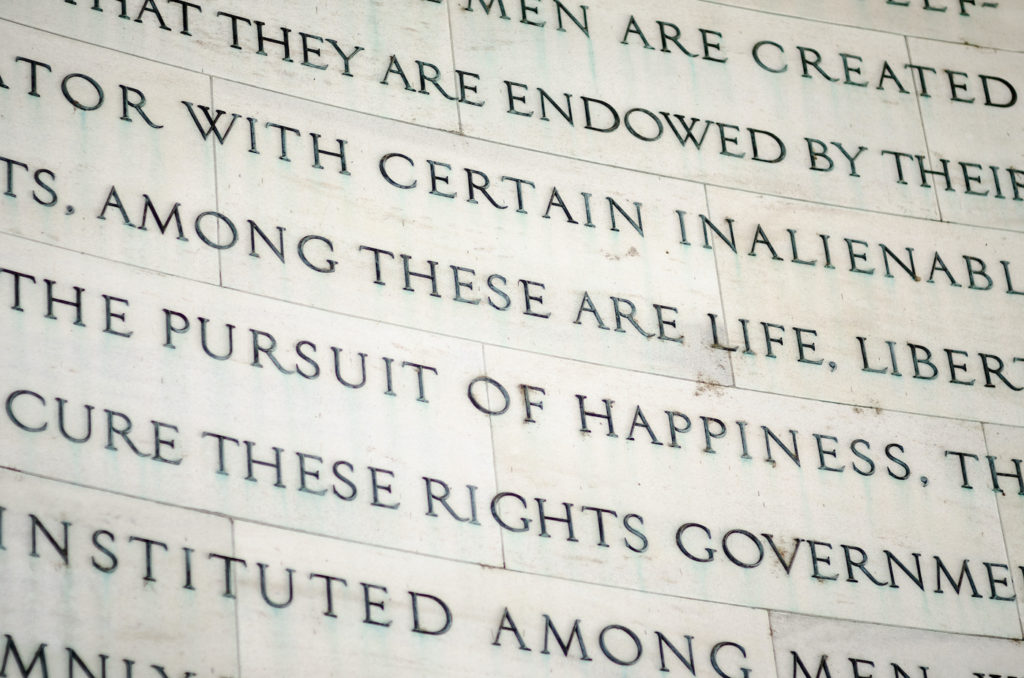
To those who wrote and signed the Declaration of Independence, political liberty and natural law went together: Nature summons man, individually and collectively, to self-government and guides him in the exercise of his power of choice.
Natural Law and the Colonial Roots of American Constitutionalism

Natural law thinking profoundly shaped the way American and British leaders approached issues involving rights, sovereignty, and constitutional government. However, the imperial authorities and their colonial opponents often appealed to different, and even conflicting, strains of the natural law tradition.
Common Law and the Law of Reason
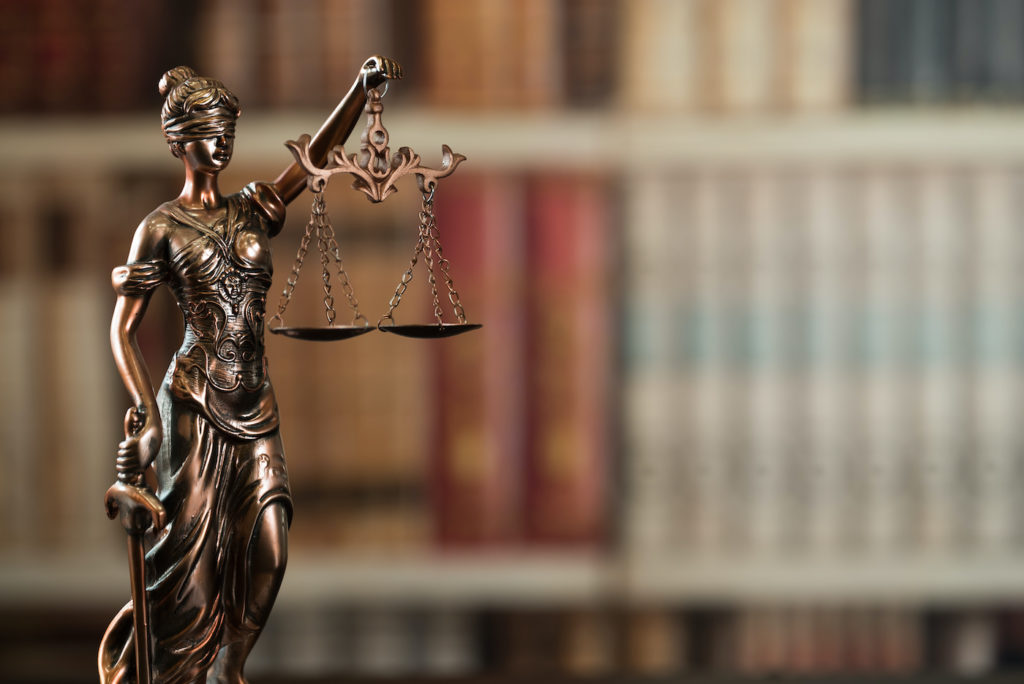
Like cousins who resemble one another, common law and natural law are sometimes confused. There is in fact a deep affinity between common law and natural law, but it is better at the outset to describe their differences, and best to do this historically.
The Protestant Reformers and the Natural Law Tradition
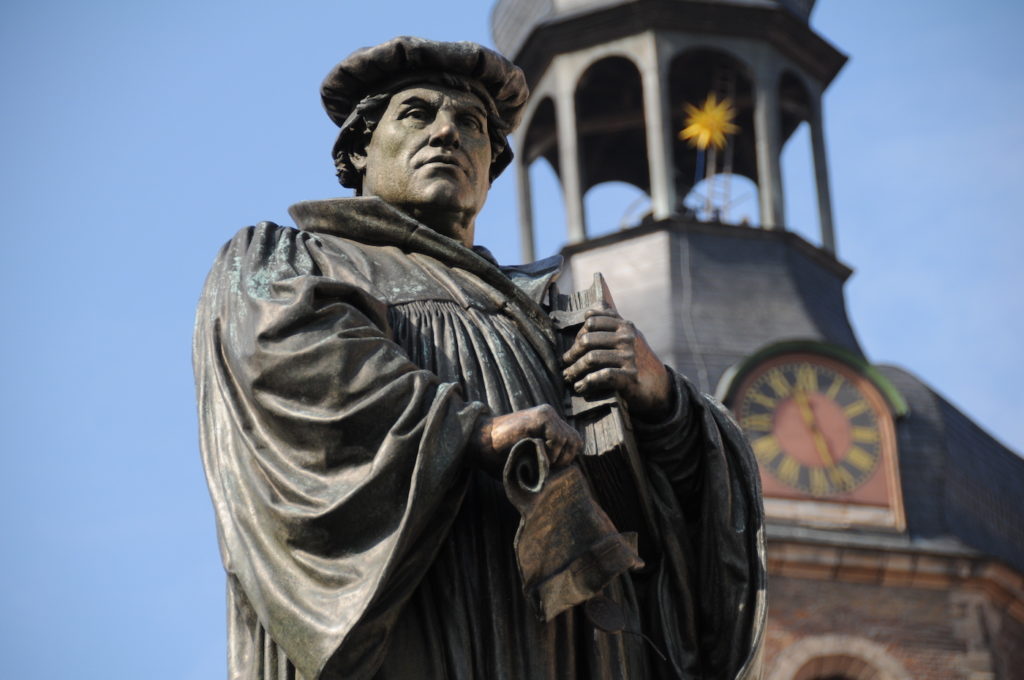
However deeply entrenched the natural law’s neglect or opposition is among today’s Protestants, it cannot be attributed to the magisterial Reformers of the sixteenth century. Although it is decidedly true that they championed a particular understanding of grace and faith that took issue with their Roman Catholic counterparts, this was not to the exclusion of other vehicles of divine agency. Rather, they assumed the natural law as a part of the fabric of the created order and therein maintained continuity with those across the Reformation divide.
The Natural Law Theory of Thomas Aquinas
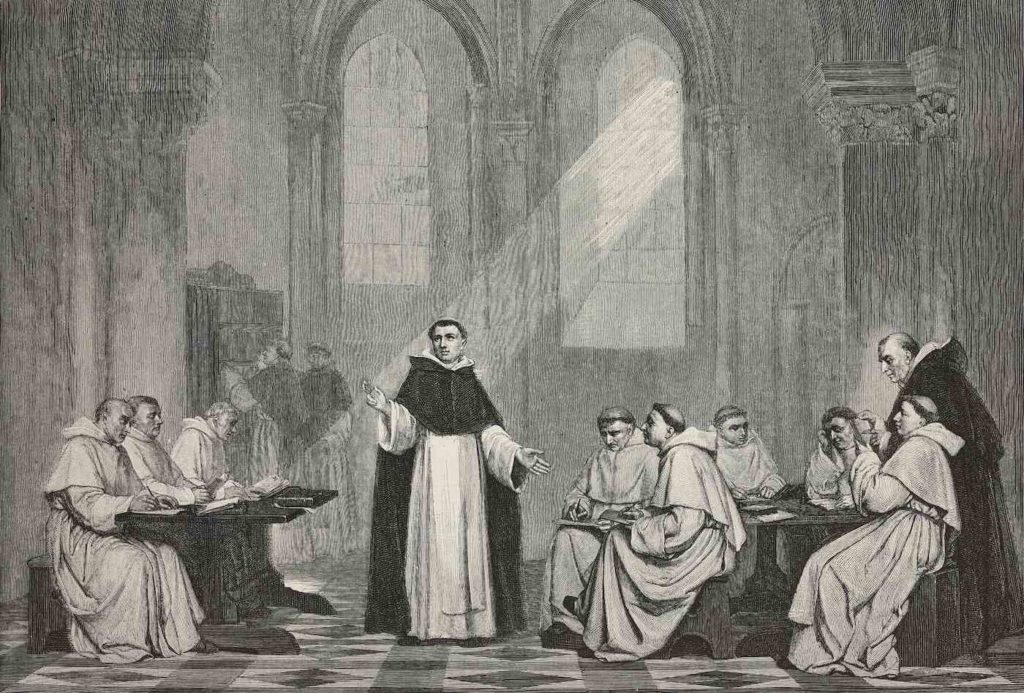
Law, of its various sorts, has a role to play in humans’ full realization of their nature by free acts. What role? To ask this question is to seek to grasp Thomas’s natural law teaching in the context of his overall metaphysical cosmology.
Freedom’s Law: A Primer on Natural Law, Natural Rights, and American Constitutionalism

All this week Public Discourse will be republishing select essays from “Natural Law, Natural Rights, and American Constitutionalism,” a project of the Witherspoon Institute that was made possible by a grant from the National Endowment for the Humanities as part of its “We the People” initiative. At a time when we have called our traditions and history into question, we provide a primer into the history of our people and our ways of properly understanding freedom and the liberal order.
Saving Pedagogy: Dante as the Poet of Education
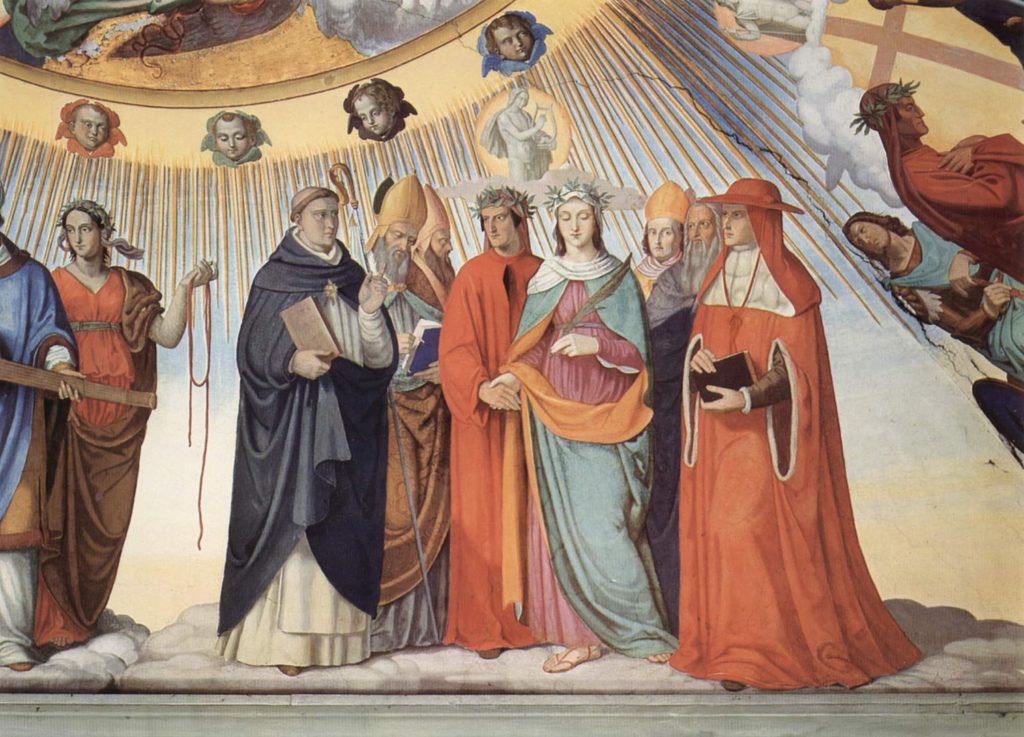
Dante reveals to students the essence not only of their relationship to their teachers, and ours to them, but also of our combined relationship to the reality (natural, human, and divine) studied during their liberal education. The end of a liberal education is an experience of the Love that created both the subjects of a liberal education and the human persons in need of that education, and Dante achieves that purpose. Through truth and virtue, he becomes wise, and his wisdom sets him free.
Is Natural Family Planning Good for Marriages, and Do Fertility Apps Have the Same Potential?

We are in the midst of a technology shift that could revolutionize reproductive healthcare and family planning. Millions of couples are using apps that promise “natural contraception.” It’s time to engage these couples, inviting them to explore a better way, and giving them the support they need to grow closer through the self-restraint demanded by Natural Family Planning.
Lost in the Chaos: The Danger of Total Politics

Every human lives out the drama of existence in his or her way, and with great risk: they gain or lose heaven, embrace or reject love, bring a child into being or not, form friendships and romances or sink into loneliness, become sages or fools. If we forget or forgo the primacy of the person, choosing instead the story of power and chaos, it seems likely we’ll lose the cosmos of our own souls.
Not a National Family: Critical Race Theory, Civic Education, and the Ties That Bind

If a shared identity is to emerge and persist, if citizen strangers are to have a shot at becoming civic friends who recognize a mutual obligation to create a just land, the foundational principles of our constitutional order must be consciously taught and reaffirmed. And, of course, teaching and affirming these principles does not itself entail a claim that America has historically lived up to them.
Kids on an Island, Female Edition

A 1937 novel by Carol Ryrie Brink offers a feminine version of the popular “kids shipwrecked on an island” plot. The protagonists do not have to spear boars or devise a polis. Rather, they must show that they can live as women, taking care of the four babies shipwrecked with them. Can the girls make the most of the resources available to them, remain cooperative and kind to each other under tremendous strain, and prioritize the well-being of the vulnerable people entrusted to their care?
Why American Conservatives Should Be Wary of “One Nation Conservatism”

One Nation Conservatism is itself a type of fusionism, a traditionalist-progressive mix rather than a traditionalist–classical liberal one. Traditionalists should not abandon a pragmatic alliance with the latter for intellectual commitment to the former.
Is Everything the Boomers’ Fault?

Many readers will find it easy to accept Helen Andrews’s claim that the boomers left the world worse than they found it. Yet the biographies Andrews has written are evidence less for the special guilt of the boomers and more for the limits of human finitude, the persistence of sin, and naïveté in the face of evil.
The Centralization of the Internet

Most of the Internet’s traffic now flows through the networks of a few large companies rather than a multitude of small transit providers, and the Internet’s physical infrastructure is being reshaped to meet this new reality. But relying on a few providers to host all the content on the Internet makes it possible for just a few companies to shut down entire services or control speech.
There Is No City of Man Without the City of God

Given modernity’s inability to realize Augustine’s thesis of the necessity of a common love, we have two options: we must either reject a universal socio-political vision as entirely unworkable, or the world—or at least the West—must learn again that a transcendent foundation and telos are essential to political order.
Did the Chief Sneak a Smith Workaround Past the Liberal Justices in Fulton?
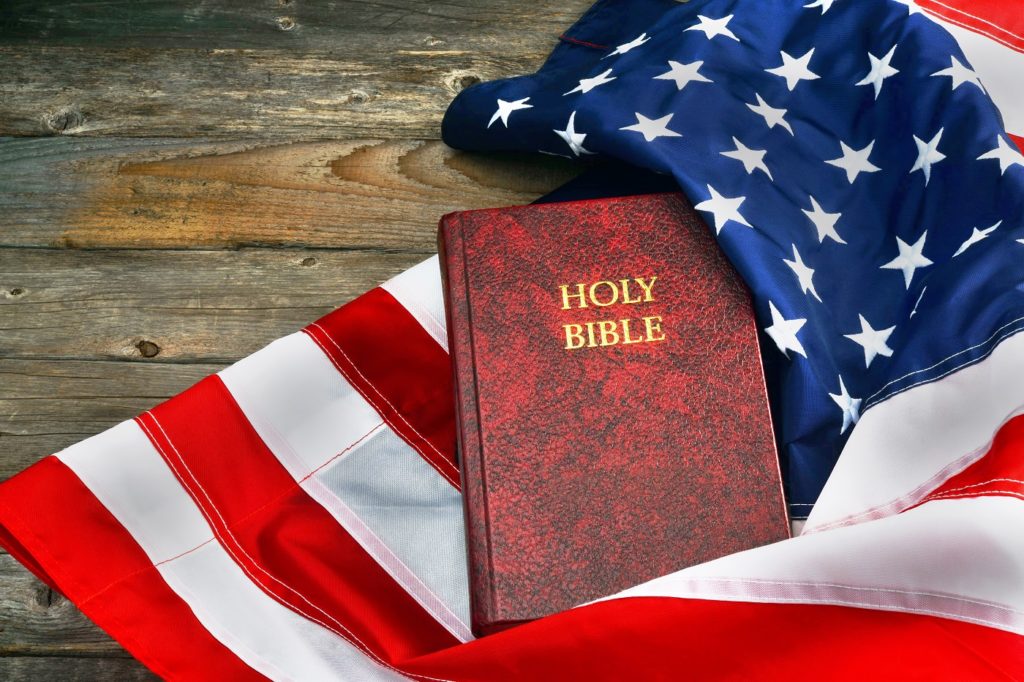
A recent dissent by Justice Kavanaugh and the Supreme Court’s unanimous decision in Fulton v. City of Philadelphia offer a roadmap for litigants seeking religious liberty exemptions.




